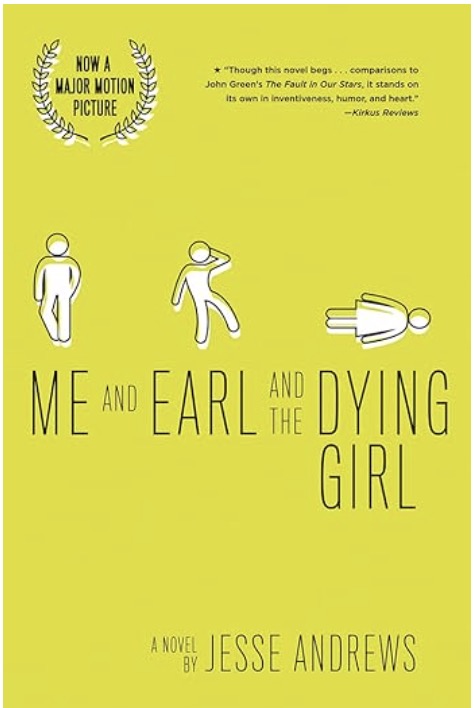Join us Friday, February 11th for Burns Supper, a Scottish tradition honoring the poet Robert Burns.
Where: The Church of the Holy Spirit, 169 Rice Road, Wayland
When: Friday, February 11th 6:30 for 7pm
Dress: Tartan encouraged
Price: Tickets are $30
Meal: We start with a spoonful of haggis and a reading of “Ode to a Haggis.” The meal is simple: Roast Beef, Rumbledeethumps (mashed potatoes with cheese and onion), Neeps Bree (turnips) finishing with a Sherry Trifle.
Burns was born in Alloway, near Ayr in Scotland on January 25, 1759. Coincidently 1759 was the last year of King George II’s reign. He was the first child of William Burnes who was originally from Kincardineshire in Northeast Scotland and Agnes Broun, an Ayrshire lass. Robert was the first to spell the name Burns without the ‘e’.
Burns was prolific writer of poems and songs and he gave the world a breathtaking variety of them. He wrote of brilliant incisive satires against the hypocrisy he saw around him to the joyous epic Tam O’Shanter. He wrote poems sympathetic to nature all round him, yet summing up man’s inhumanity to his fellow man and the consequent suffering. When he wrote of the mouse’s suffering, he was writing of his own and every other man’s anguish….
“The best-laid schemes o mice and men
Gan aft agley* *often go wrong
An’ lea’e us nought but grief an pain,
For promis’d joy. (From ‘To a Mouse’)
Burns brought common decency into life where there had been little before. He raised hope where it had been dashed by the world around. He taught self respect where there was little encouragement for such a virtue. And as if that were not enough, he rescued the Scottish tongue at a time where strong forces were anglicizing it, and he gave the Scottish people back their sense of nationhood at the moment when the country was fast becoming mere North Britain, an appendage of England. Had he not paved the way, Walter Scott could not have helped the Scots to rediscover the traditions and beauty of their homeland.
The song Auld Lang Syne is one of his most well-known songs. It is an international song of brotherhood and has been translated into many languages. To Scots it takes on deep meaning, reminding them of times that are gone and of places which have meant much to them in the past – as we sing each of remembers our own braes and burns, but we do not feel said because Auld Lang Syne is not a sad song. It ends on an upbeat note of happiness and hope, offering the hand of friendship and promise of the future…
“And there’s a hand my trusty fiere!* * companion
And gie’s a hand o thine!
And we’ll tak a right gude-will Waught
For auld land syne (from ‘Auld Lang Syne)
We hope that you can come – it promises to a night of raucous poetry-reading and song! Any questions, please contact Liz Price at 508 358-9643.










